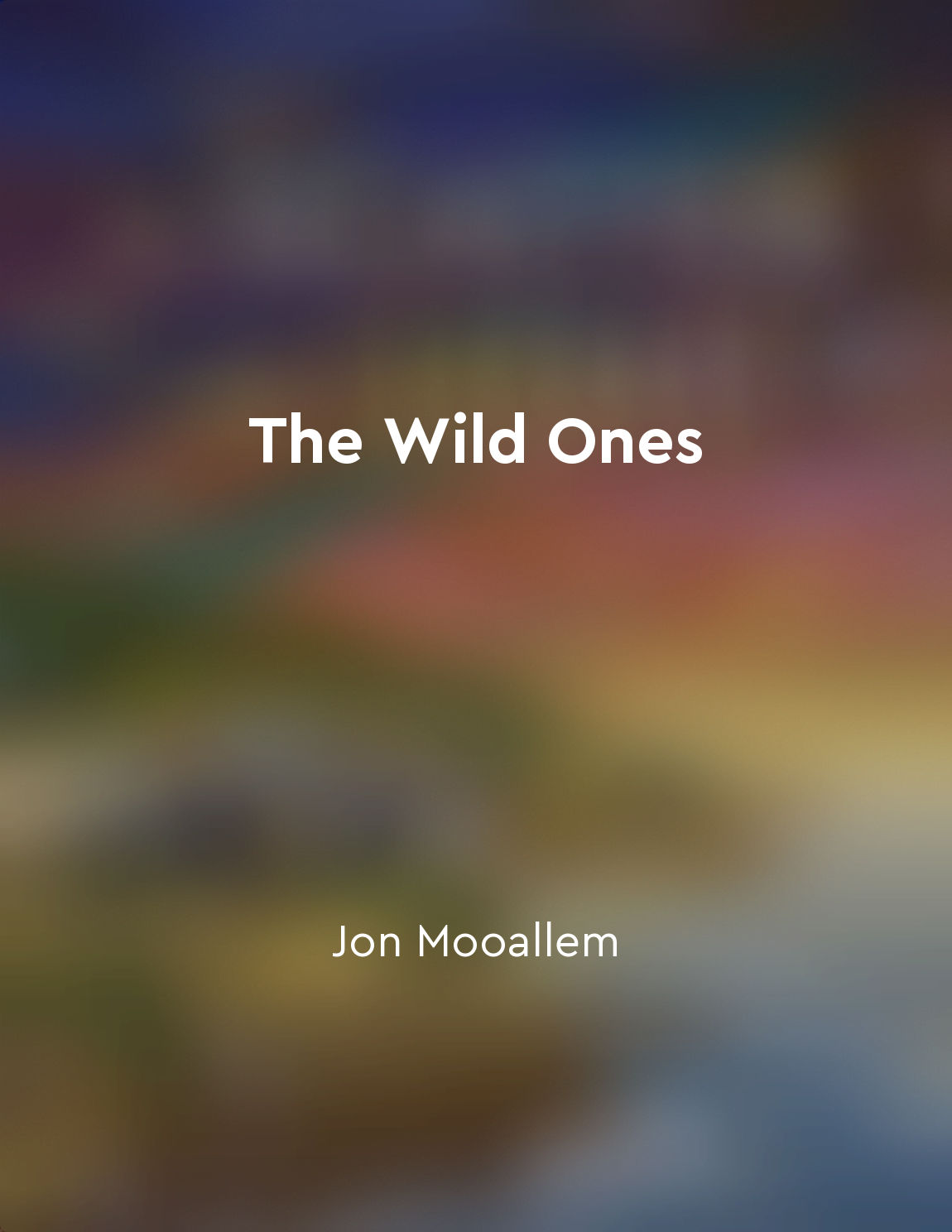Oil extraction has environmental consequences from "summary" of Oil by Sucha Singh Khera
The extraction of oil is a process that has been happening for many years, providing us with the fuel needed to power our vehicles and heat our homes. However, this process comes with its own set of environmental consequences that cannot be ignored. When oil is extracted from the earth, it can lead to the destruction of natural habitats and ecosystems. This is because drilling for oil often requires the clearing of land, which can displace animals and destroy plant life. In addition, the machinery used in the extraction process can cause noise pollution, disrupting the lives of animals in the area. Furthermore, the extraction of oil can also lead to water pollution. This occurs when oil spills or leaks into water sources, contaminating them and making them unsafe for both humans and wildlife. Even the disposal of wastewater from the extraction process can have negative effects on water quality, as it may contain harmful chemicals and pollutants. In addition to causing habitat destruction and water pollution, the extraction of oil can also contribute to air pollution. This is because the burning of oil releases greenhouse gases and other pollutants into the atmosphere, contributing to climate change and poor air quality. The transportation of oil from extraction sites to refineries can also result in air pollution, as vehicles emit harmful pollutants during this process.- It is clear that the extraction of oil has significant environmental consequences that must be taken into account. While oil is an important resource for our society, we must find ways to minimize the negative impact of its extraction on the environment. This may involve implementing stricter regulations, investing in cleaner extraction technologies, and exploring alternative sources of energy. By doing so, we can ensure that we are able to meet our energy needs without causing irreparable harm to the planet.
Similar Posts
Regional planning is crucial for sustainable development
Regional planning plays a critical role in ensuring sustainable development. It involves the organization and management of lan...

The fragile balance between humans and wild animals
In our modern world, the relationship between humans and wild animals is a delicate one, constantly teetering on the edge of im...
The impact of climate change on Alaska
The changes in Alaska are not like those in other places. The impact of climate change is profound. The glaciers are retreating...
The transportation sector relies heavily on oil
The transportation sector is heavily dependent on oil as a source of energy. This reliance is evident in the way that cars, tru...
Birds migrate through the desert seeking food and shelter
In the vast expanse of the desert, where life seems scarce and survival appears to be a constant struggle, birds embark on an i...
Markets may not always be efficient due to externalities and public goods
When we talk about markets, we often assume that they work perfectly, with prices reflecting the true value of goods and servic...
Economic inequality is a persistent challenge
Economic inequality is a persistent challenge that has plagued societies throughout history. The unequal distribution of wealth...
The history of oil is complex
The story of oil is a convoluted tale of intrigue, discovery, and exploitation. It is a narrative that spans centuries and cont...
Engaging in sustainable practices to protect future generations
The guiding idea of our time is the need for a profound human awakening to the powers of the universe. We must recognize that w...

